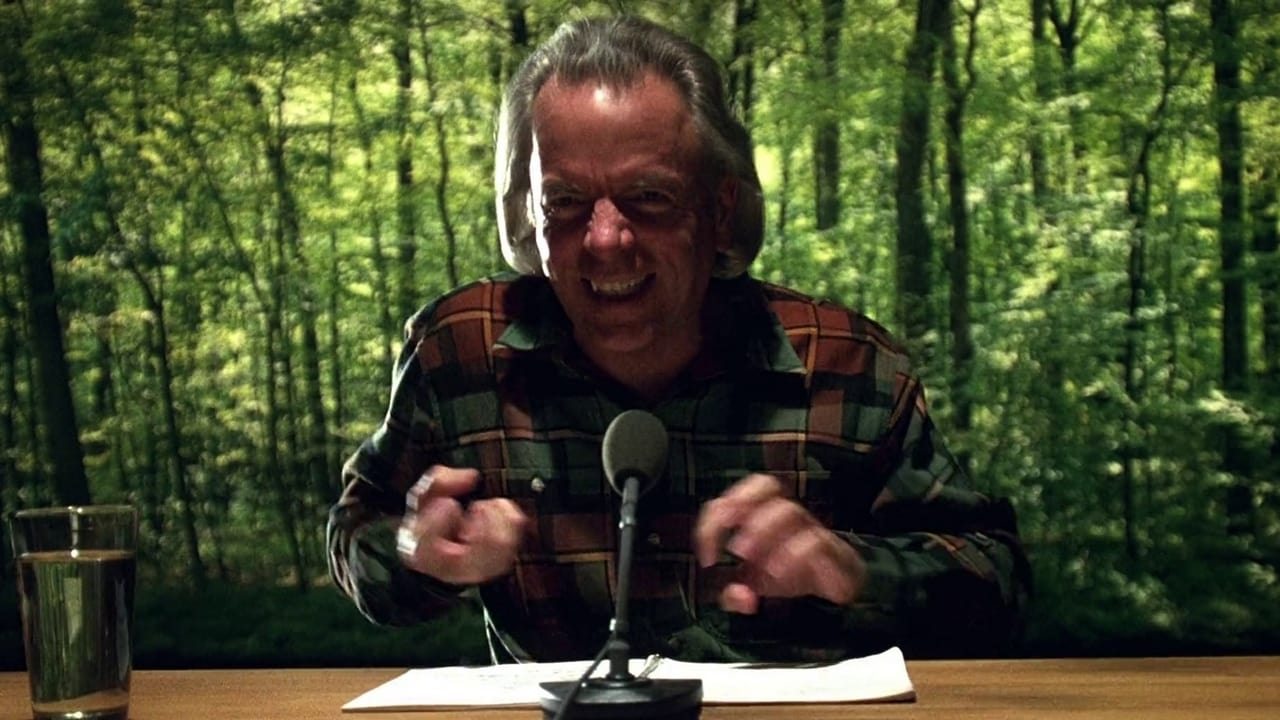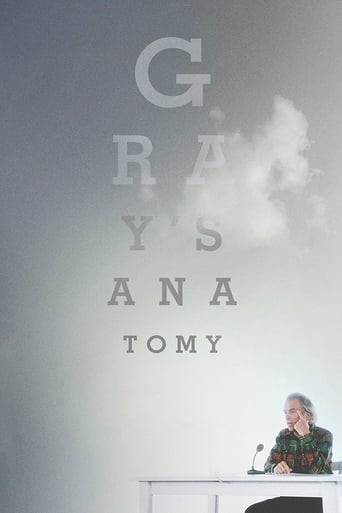

This is a must-see and one of the best documentaries - and films - of this year.
... View MoreThis is one of the few movies I've ever seen where the whole audience broke into spontaneous, loud applause a third of the way in.
... View MoreAmazing worth wacthing. So good. Biased but well made with many good points.
... View MoreThe movie's not perfect, but it sticks the landing of its message. It was engaging - thrilling at times - and I personally thought it was a great time.
... View MoreThere are some spoilers******When Spalding discusses how most surgeons that see a problem want to operate, it reminds me of the saying that to a hammer everything looks like a nail. They see a problem and they want to perform corrective surgery, that's their job, they are specialists. The difference between scraping and peeling was also interesting and made me think of how efficacy of an operation can be evaluated by language as well. And it was interesting for me, since most people in developed countries see something as efficacious if the disease agent has been removed, illness cured with a drug, or not efficacious if the treatment involved none of the modern medical procedures like 'macula scraping'. Despite the scary words and surgery, I find that his decision to go to an Indian Sweating ceremony is interesting. It makes me think of how the mere shock factor, the mere novelty, and quick reward/reaction that the body receives from such activity already give the impression of working! Which is why I suppose many people engage in it. When one does surgery, it's so impersonal and includes long wait times, and you are anesthetized and you don't really 'feel' it. I heard there is research going on about placebo cures, there was a case in 2002 where some doctors in the US had done "placebo" (fake) knee surgery for some older patients and within months their chronic knee pain had gone! The surgery looked like real surgery, the doctor had a scalpel in his hands but he didn't do the standard surgery. The ethics are definitely shady but the idea is placebo can be a cure in itself. Here is a link to the article.http://www.sciencedaily.com/releases/2002/07/020712075415.htmLastly, I like what the nutritionist recommends (the fish issue and vanadium), but like all people, the diet and wait time and working yourself for a slower and less risky path sounds less appealing! One wants the magic bullet cure. To drink, eat, and smoke everything that can make him blind is a great relief and is the best wording to describe what modern medicine has taught us to do, to rely on it and only it and not ourselves as much. I can;t be the one to judge whether that is good or not. I found Spalding's performance very engaging and very lively.
... View MoreThe trick here is to make a monologue a filmic experience. Gray's stories are fascinating. He's interesting to watch, but an hour and a half looking at his face is a little much to ask an audience. Soderbergh tries to mix it up a little, varying the backgrounds and moving the camera around, but doesn't go far enough. The short sequences of eye trauma interviews filmed in black and white are like islands of relief in a sea of Spalding and I wish there were more of that sort of thing in the film.
... View MoreLike several of Spalding Gray's stage monologues "Gray's Anatomy" has been given the full feature film treatment, this time by "Sex Lies & Video" helmer Steven Soderberg. Gray's discovery of a visual malady leads him to medical and homeopathic treatment and serious consideration of the query "What is it you don't want to see?"This 90 minute monodrama is not opened-up in the traditional sense. Rather it is supplemented by monochrome interviews with Joe and Jane Q. Publics about their particular eye problems. Within the monologue itself, Soderberg employs a variety of lighting and camera trickery to keep the action from stagnating. Mostly, it is a successful endeavor. Though, oddly, the film lacks the overall impact of Gray's "Swimming To Cambodia" or even the lesser (but simpler done) "Monster in a Box". A fine addition to the Gray library.
... View MoreThis movie is simply a 90 min monologue about this guy and his medical troubles. He explains how he tried all kinds of remedies and potions, because he was too chicken to bite the bullet and get an operation. This movie would seem boring at first glance, but the director - one of my new favourites - Steven Soderbergh makes this an interesting and worthwhile journey into this mans psyche. If you're unsure about this movie, check out Soderbergh's other masterpiece 'Schitzopolis' and then if you have any doubts about his directing ability then that's your loss, not mine. Gray's Anatomy... taste's like chicken. I'm told.
... View More